Diversified sources of support
At the science, technology and innovation policy dialogue program recently organized by Hanoi National University (VNU), many scientists discussed and proposed solutions to innovate and improve the quality of research and training, emphasizing the role of basic science, artificial intelligence (AI), and digital transformation.
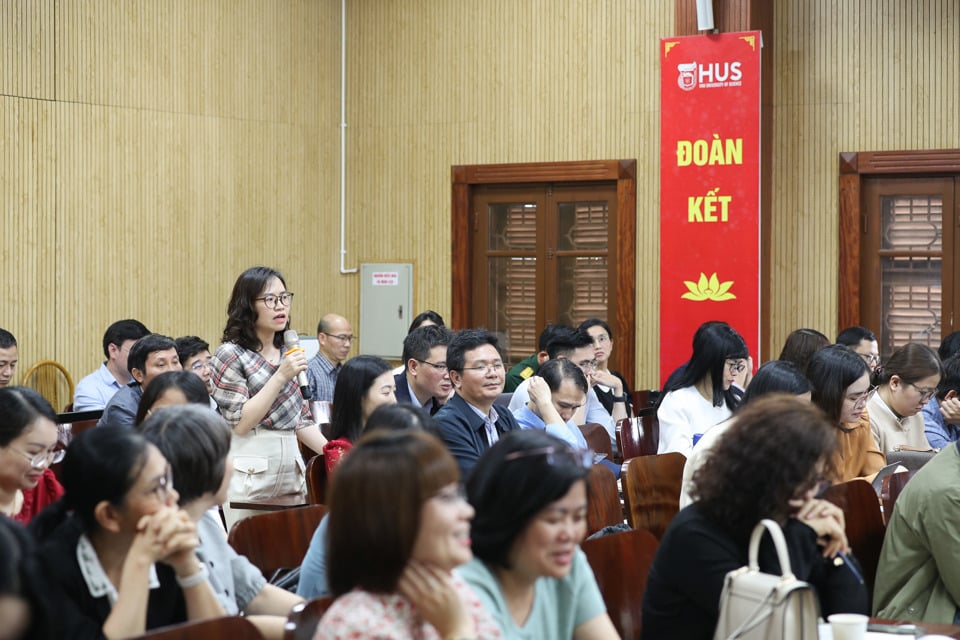
Associate Professor Dr. Tran Quoc Binh – Vice Rector of the University of Natural Sciences proposed the need to build a separate mechanism for basic science. Regarding applied research, he emphasized the need to invest synchronously in practice workshops, attract experienced engineers and link with businesses to realize scientists’ ideas. He also suggested a research direction on nuclear energy – a field with great potential in Vietnam.
Associate Professor, Dr. Vu Thi Thom - University of Medicine and Pharmacy, VNU Hanoi shared the current difficulties in scientific research due to limited resources, inadequate financial mechanisms and lack of connection with practice. She said that many topics stem from the personal passion and expertise of scientists, however, there are still studies with weak practical applicability.
Dr. Pham Tien Duc - University of Science, VNU highly appreciated the positive impact of the policy to support outstanding publications, which has been piloted since 2024, on young scientists and proposed to continue implementing it in the coming years. He also proposed that VNU continue to implement the scholarship support policy for postgraduate students such as masters, PhD students, and post-doctoral trainees, in order to create conditions for scientists to cooperate internationally and develop in-depth research.
Discussing Dr. Pham Tien Duc's opinion regarding the policy of supporting outstanding publications, Vice President of VNU-Hanoi Pham Bao Son said: After the pilot period, VNU-Hanoi will summarize and collect opinions from managers and scientists to evaluate the effectiveness, thereby deciding whether to continue implementing or need to adjust and supplement. Regarding scholarships for PhD students and post-doctoral trainees, Mr. Pham Bao Son said that it is necessary to diversify support sources, including funding to support post-doctoral trainees in the budget for science and technology activities.
Vice President of VNU-Hanoi Dao Thanh Truong said that VNU-Hanoi is promoting the connection between research and training, especially at the postgraduate level; at the same time, it is building a breakthrough doctoral training regulation with many innovations such as shortening the training time, increasing internships at home and abroad, and favorable financial policies thanks to the newly issued Resolution 57-NQ/TW and Resolution 193/2025/QH15.
Plan to spend 100 billion VND on research directions
Over the past year, the financial support policy for outstanding scientists of VNU Hanoi has attracted 50 staff with 208 outstanding works, including 144 articles (2 articles in the Top 1%, 19 articles in the Top 5%, 64 articles in Q1, 59 articles in Q2) and 64 intellectual property applications. This policy contributes to encouraging scientists to improve the quality of publications and create motivation for research.
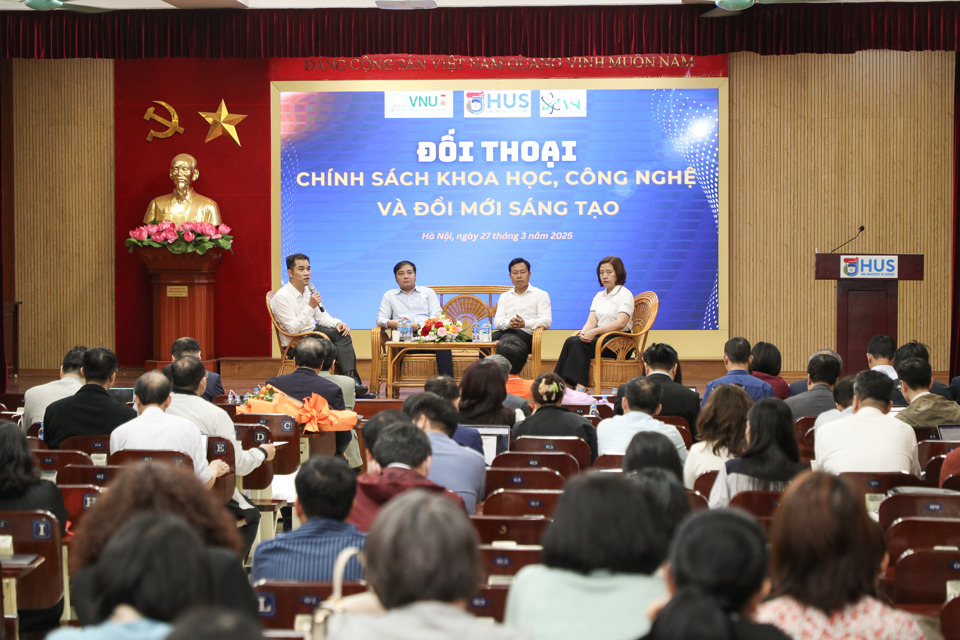
Currently, VNU-Hanoi has 45 strong research groups, including 28 basic research groups, 15 applied research groups and 2 groups oriented towards commercialization and startups. These groups meet the criteria equivalent to strong research groups at the State level, aiming at key scientific and technological products, bearing the VNU-Hanoi brand.
To effectively implement Resolution 57-NQ/TW of the Politburo and Resolution 03/NQ-CP of the Government, VNU-Hanoi has established the High-Tech and Innovation Park (VNU-TIP). This model aims to concentrate resources, promote international cooperation and cooperation with enterprises, and focus on investing in core technology development.
In 2025, VNU-Hanoi plans to invest 100 billion VND in priority research directions such as: AI & IoT, semiconductor technology, agricultural biology & medicine, high-tech agriculture, environmental technology, chemistry, advanced materials, energy and quantum. At the same time, develop 5 new research institutes including: Institute of Artificial Intelligence, Institute of Semiconductor Technology, Institute of Stem Cells, Institute of Environmental Technology and Institute of Quantum Research, aiming to become excellent research centers.
Along with that, VNU Hanoi also diversified investment capital sources, upgraded infrastructure with a total area of 22.9 hectares in the interdisciplinary research area to form a high-tech research complex, serving the development of scientific and technological products with high applicability and commercialization.
Sharing at the dialogue, Director of VNU Hanoi Le Quan emphasized that determining research topics is the biggest challenge, requiring close connections between scientists, management agencies, businesses and social needs, while also demonstrating practical value as well as transferability.
Regarding resources, Director of VNU-Hanoi Le Quan said that in addition to the state budget, it is necessary to mobilize more from localities and businesses; at the same time, he emphasized the role of open and transparent mechanisms in science and technology, eliminating "request and give" mechanisms, creating the best conditions for scientists to access resources and conduct research.
Source: https://kinhtedothi.vn/de-xuat-tiep-tuc-trien-khai-chinh-sach-cap-hoc-bong-sau-dai-hoc.html





![[Photo] Buddha's Birthday 2025: Honoring the message of love, wisdom, and tolerance](https://vphoto.vietnam.vn/thumb/1200x675/vietnam/resource/IMAGE/2025/5/12/8cd2a70beb264374b41fc5d36add6c3d)


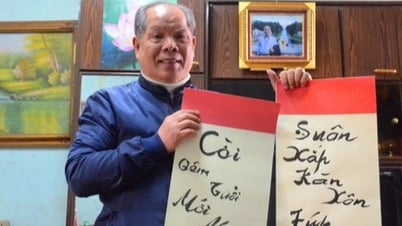
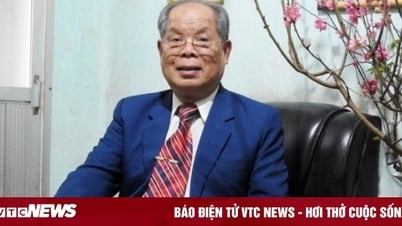
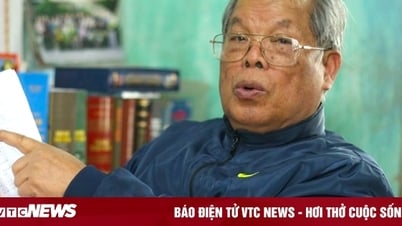

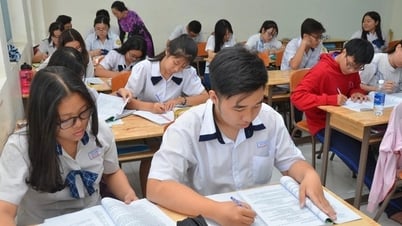
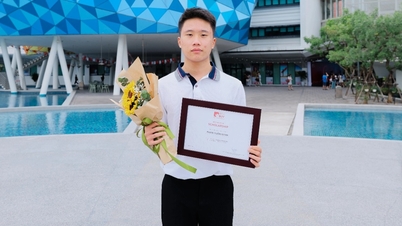










![[Photo] General Secretary To Lam meets and expresses gratitude to Vietnam's Belarusian friends](https://vphoto.vietnam.vn/thumb/1200x675/vietnam/resource/IMAGE/2025/5/11/c515ee2054c54a87aa8a7cb520f2fa6e)
![[Photo] General Secretary To Lam arrives in Minsk, begins state visit to Belarus](https://vphoto.vietnam.vn/thumb/1200x675/vietnam/resource/IMAGE/2025/5/11/76602f587468437f8b5b7104495f444d)
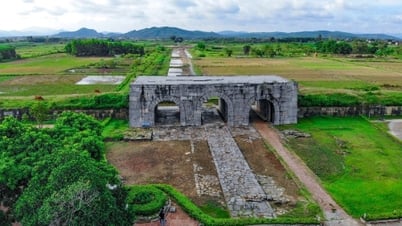







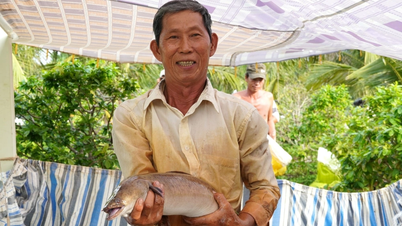

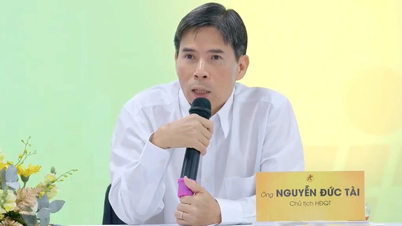



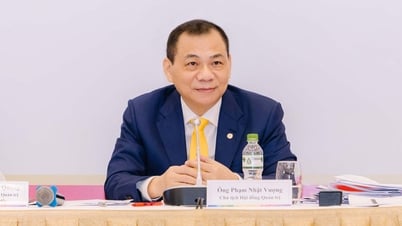

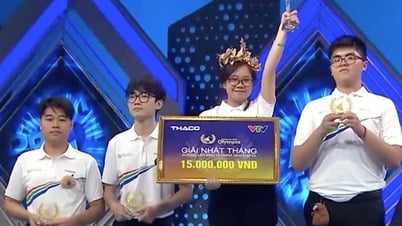



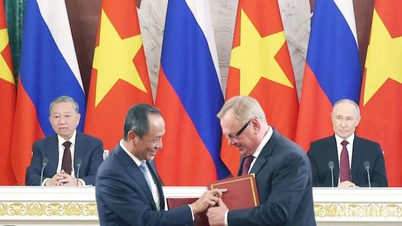



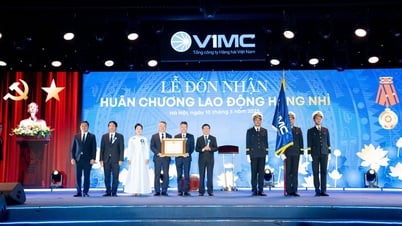


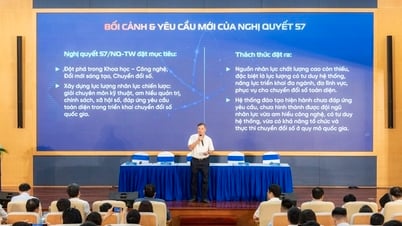
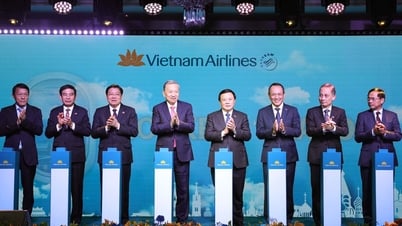


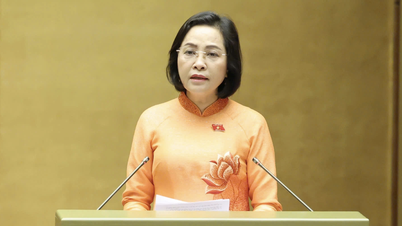

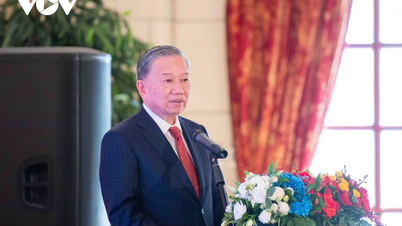

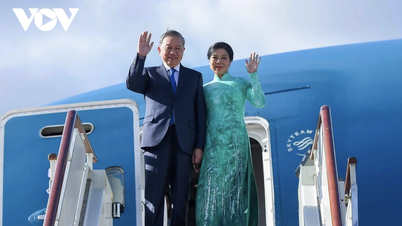
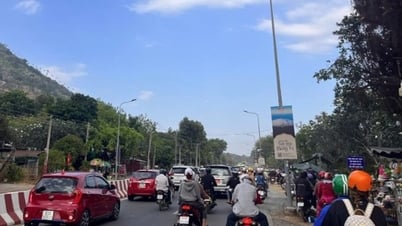

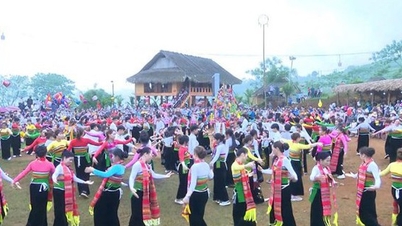
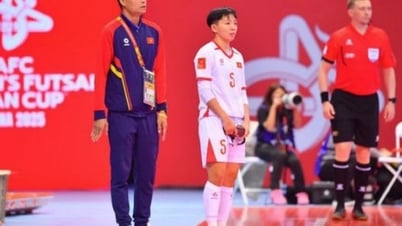

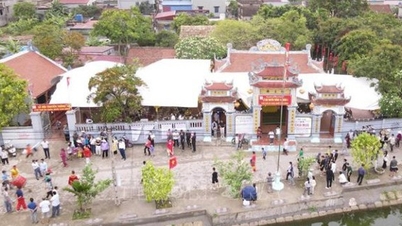
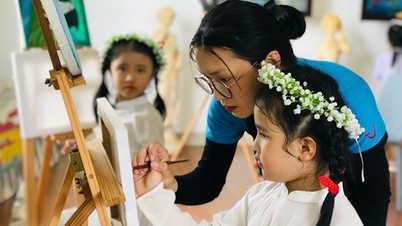


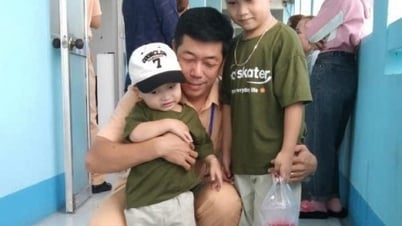

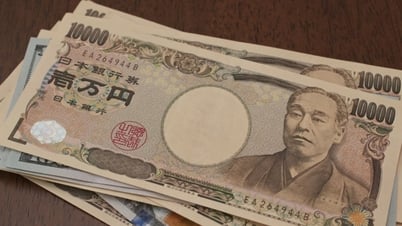

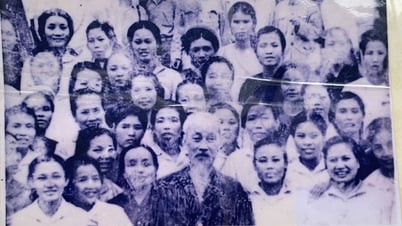



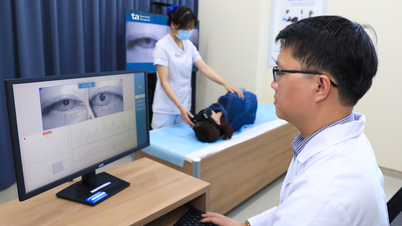









Comment (0)